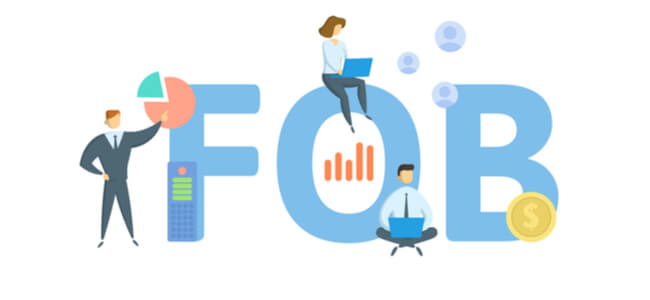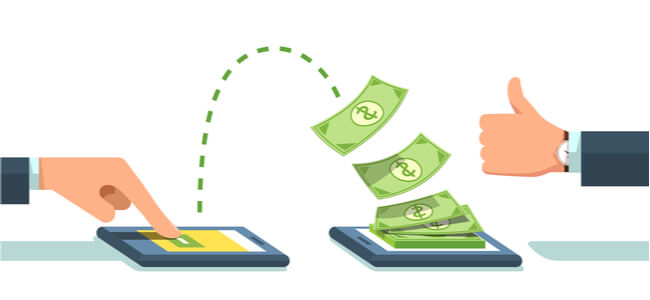What is SaaS?

SaaS, short for ‘software as a service’, is a cloud-based technology that allows you to swap out traditional software for an application that runs via your internet browser. Doing away with the need to download such programs onto a computer or business network, it has a number of advantages that companies like yours can benefit from.
Able to take the place of everything from invoicing software through to unified communications, SaaS can help to improve a number of key areas, from accessibility through to compatibility and operational management. On top of this, it tends to deliver lower upfront costs – a major advantage for smaller businesses and those looking for simple but effective ways to reduce their overheads.
The business benefits offered by SaaS
Unless you’re especially tech-savvy, you may be wondering what Saas is. We’ve already provided you with a reasonably in-depth definition above, but often the simplest way to explain it is not to provide a SaaS meaning that is couched in complex and inexplicable terms but to outline the advantages of such a service and where these stem from.
Let's give it a go.
Increased accessibility
One of the most widely lauded benefits is the increased accessibility that SaaS can provide, and this is because of the ability of such applications to run through an internet browser. Compatible with every conceivable operating system, from Windows to Mac, Linux, Android, and iOS, applications can be used from any type of device, whether a desktop computer, tablet or smartphone.
In fact, designed as they are to be mobile-friendly, work completed through SaaS applications can be added to, edited, and finalized from anywhere, with the daily commute making just as effective an office as your actual workplace when you want to complete a project on the go.
Frequent updates without interruptions
This increased accessibility can provide a major advantage for you and your workforce, but it’s not the only upside to SaaS technology. It also makes it easier to install updates without impacting your business operations as these come from a central system.
What this means is that on-premises endpoint security testing can be avoided, speeding up the development cycle and ensuring you have access to any improvements or upgrades at the earliest opportunity.
Lower initial investment
One of the biggest selling points of software as a service is that it requires a much lower initial investment than its competitors. This is because it does away with the need to sink money into your wider IT infrastructure.
Using more traditional forms of on-premises software, it’s quite common to find that in order to ensure compatibility, you need to invest in additional hardware, such as extra servers or network switches. With SaaS, however, this is not necessary because of its status as a cloud-based application.
What this means is that even the most minor enterprise can afford to invest, with companies like our own specializing in invoicing software for small business technologies, for example.
Scalability
On the same note as this, by its very nature, SaaS is scalable. Accessed through an internet browser, adding more users or reducing them becomes a matter of merely changing your payment plan, as opposed to investing in additional hardware as a means of accommodating expansion.
This not only makes the process simpler and more streamlined but more economical too.
Analytics made easy
When it comes to providing a succinct SaaS definition, it is most easily explained as software accessed through your internet browser, and because of this latter element, you have an additional advantage: running everything through a centralized platform makes data capture easy.
The result is that you have lots of readymade material available to analyze, providing you with a major benefit when it comes to reporting and gaining in-depth insights into your business and its performance.
Easier and more reliable storage
Last but not least, using SaaS provides you with a reliable backup in the event of any hardware crashes. With everything saved to a centralized database, you are spared the risk of any significant data losses, with your projects and previous efforts protected in the event of any technological malfunction.
When it comes to choosing between SaaS and more traditional forms of software, there's much to be said for the former, from its increased accessibility to its economy and analytical advantages. These make it well worth considering, especially for the smaller business struggling to compete with its larger rivals.
Want to find out more about SaaS-based cloud invoicing software or recurring billing? Then take a look through our website today.



